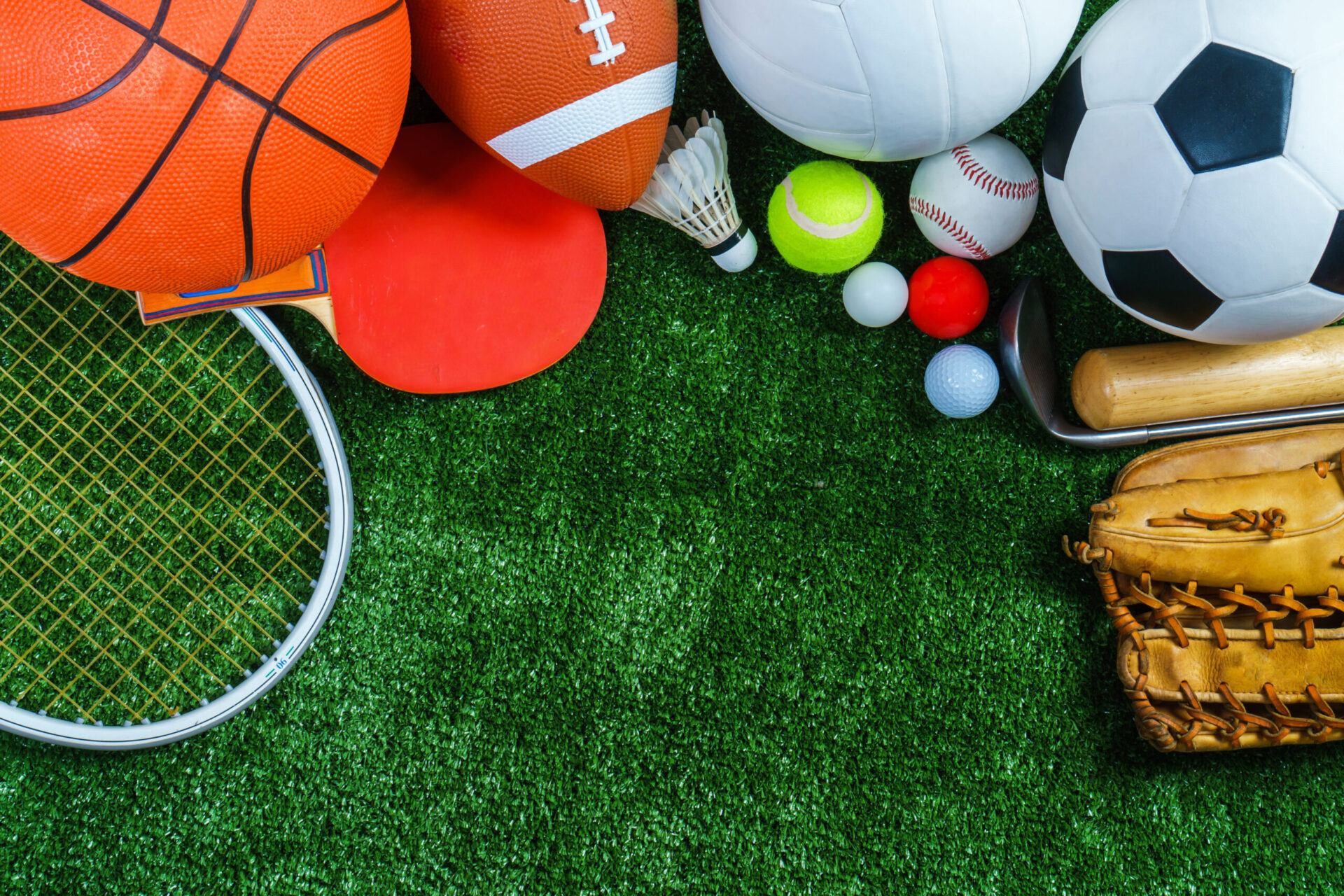
Many people with intellectual disabilities participate in sports. While these activities can make a significant contribution to their social inclusion, this objective is not always achieved.
The team led by Marie Grandisson, a researcher at the Centre interdisciplinaire de recherche en réadaptation et intégration sociale (CIRRIS), conducted a study to determine how to optimize the potential of sports to promote the social inclusion of people with intellectual disabilities. The team conducted a literature review, held focus groups and carried out a survey.
The research identified seven effective strategies. In the eyes of the people surveyed, raising public awareness and developing training courses for coaches were the most promising of these.
Organizing regular Unified Sports activities, in which around half of the participants have an intellectual disability, is also an interesting option, as it encourages real sharing of experiences over the long term.
Other promising strategies include support from a companion or from an athlete who is already involved in the sport. It is also possible to identify a resource person – a practitioner, for example – whom coaches can call when needed.
Finally, it may also be possible to include the person on a regular team in a non-sporting role – for example, to support the team at training sessions or act as assistant coach. In such cases, it is important to ensure that the position is seen as meaningful by both the person concerned and the other team members.
Marie Grandisson’s study also points out that the potential of these strategies is increased by combining them rather than using them in isolation. The team has written an insightful guide to implementing these strategies and optimizing the impact of sports activities on social inclusion.
Reference:
Grandisson, M., Marcotte, J., Niquette, B., et Milot, É. (2019). Strategies to Foster Inclusion Through Sports: A Scoping Review. Inclusion, 7(4), 220-233. https://doi.org/10.1352/2326-6988-7.4.220
